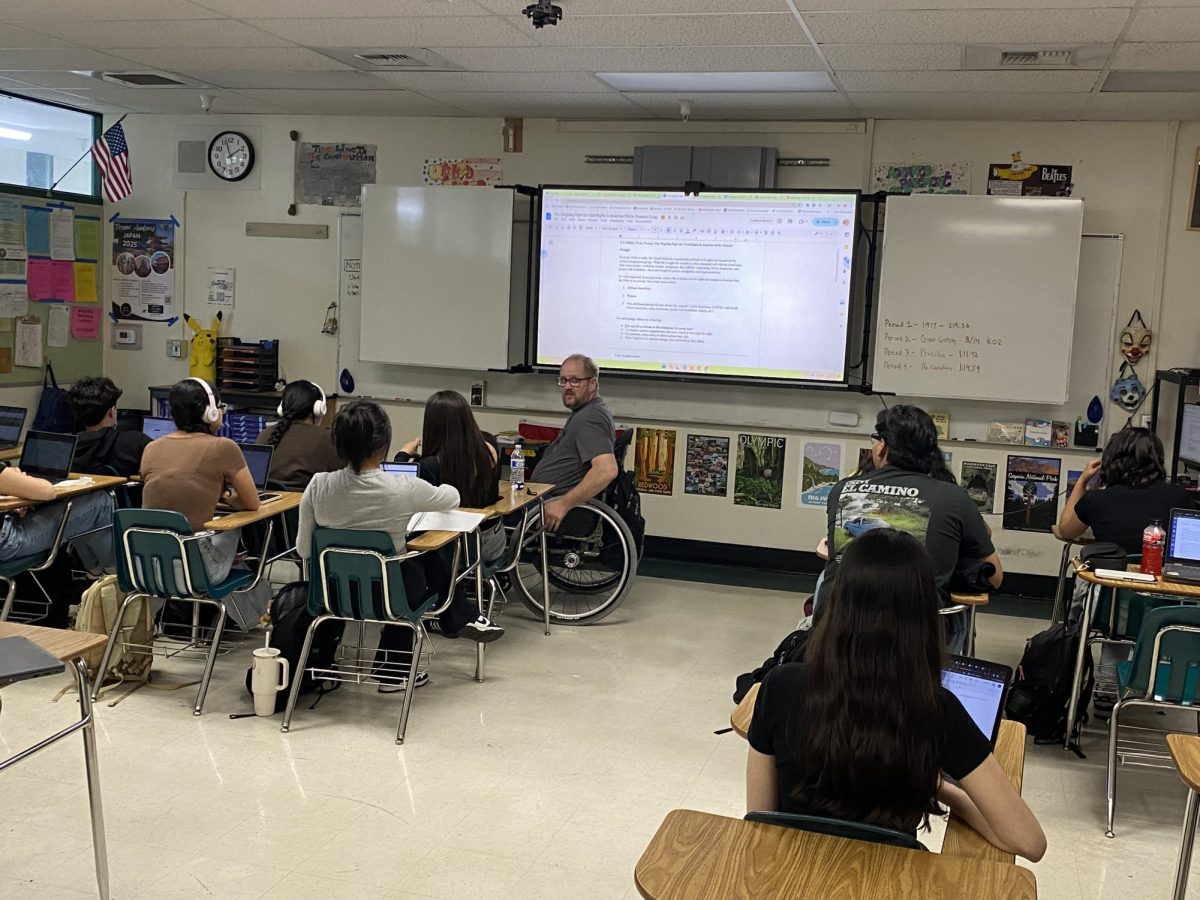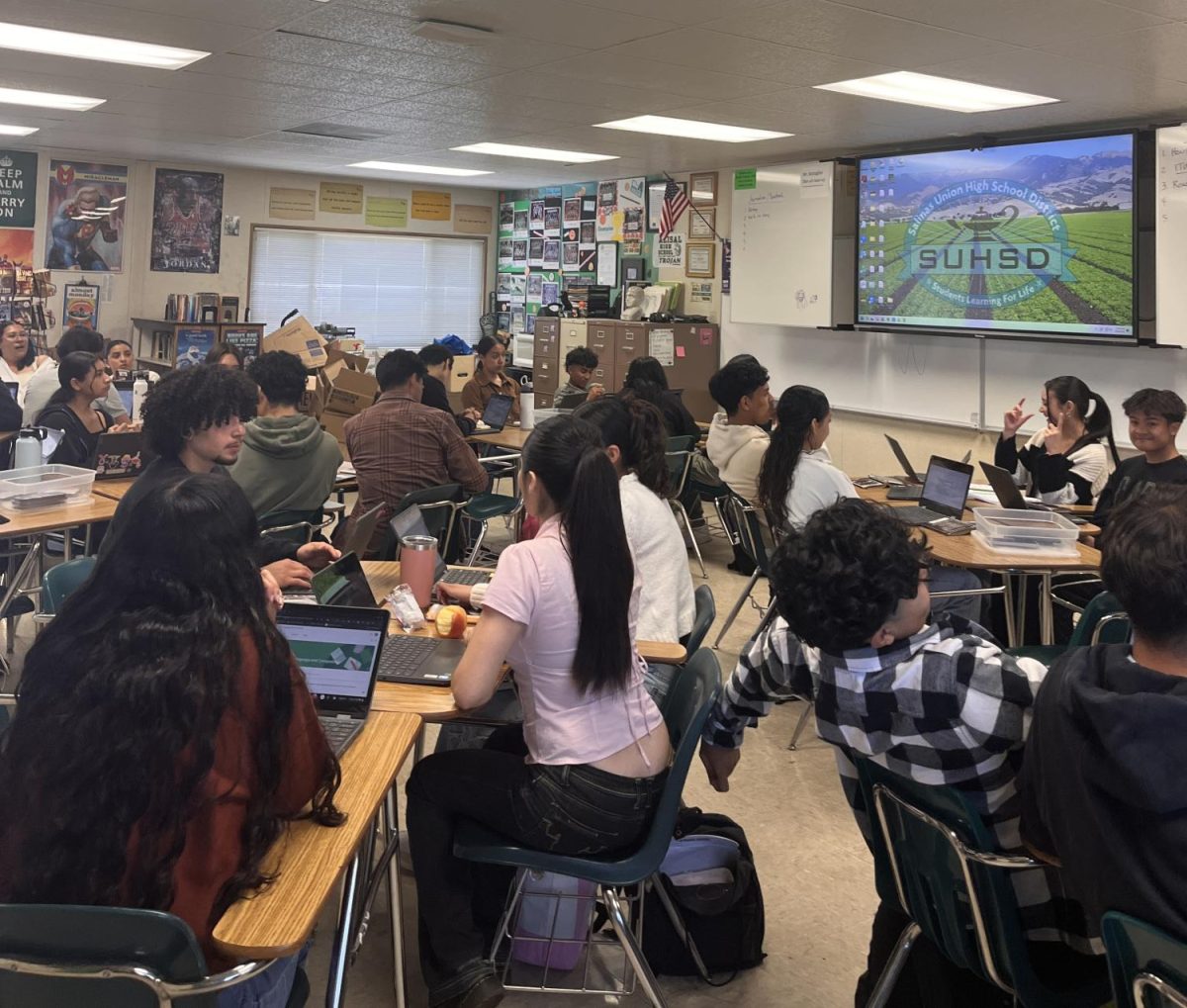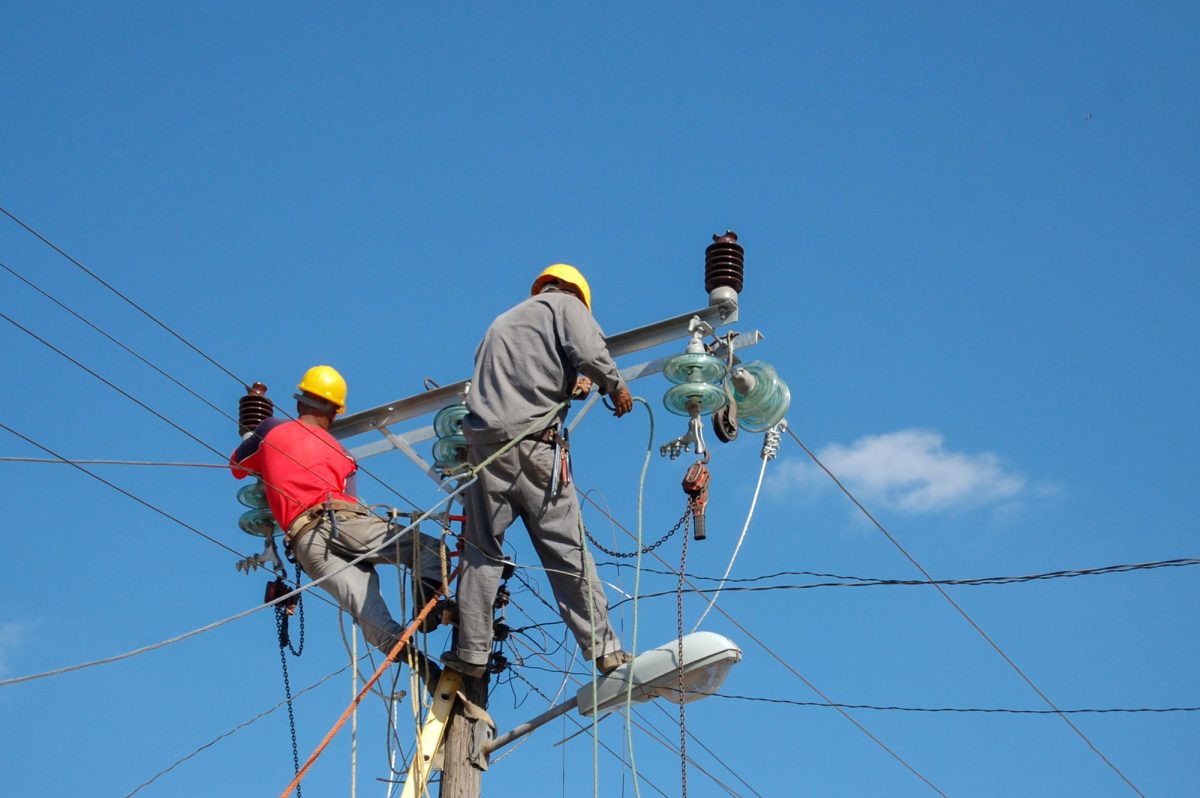For many seniors, the end of the school year gets them thinking – What’s the next step when we start adulthood after high school?
Many will go to college or to trade school, the military, work in the family business, and others just decide to take a break from school and see what the next step in their lives is.
For those who follow the traditional way, going to college offers an opportunity to extend their knowledge in a particular field of study, explore new interests, and get degrees that can lead to fulfilling careers. I knew (when? From an early age?) that this wasn’t for me.
I never liked school because it was just a cycle of waking up at 7 in the morning and leaving around 3 in the afternoon through Mon-Fri and only having two days to just relax and be ready again for the next year, year after year. I already did it for 13 years, I don’t need to do it for four more years, and I definitely don’t want to pay to do it.
Other options were joining the military, signing up for programs like AmeriCorps or Peace Corps, or getting involved in community service projects. That never caught my attention and I never found something that would set me a career in the military or after I’m done serving the country.
Not everybody sees higher education as the immediate next step after high school. Some people, like myself, prefer to enter the workforce directly, either through full-time employment, apprenticeships, or vocational training programs. By doing so, they gain hands-on experience in their chosen field while also earning income and avoiding the financial burden of college tuition.
Trade schools offer programs for electricians, diesel mechanics, plumbers, and welders. This alternative route allows individuals to develop practical skills, establish professional networks, and potentially advance in their careers more quickly than their peers who pursue higher education.
I decided I want to be an electrician last September. The reason I decided to go this route was I wanted to make money and have a long term career right after high school, learn early and probably be at the highest position at a company in a couple of years.
The reason I want to be an electrician is it’s good money and it’s fast to get certified. On average, it takes 4,800 hours (2.5 years) to become a licensed master electrician. Working full time would take you about six years and as you start being an apprentice you make $42,895 a year.
The program you choose and the rate of pay is based on the level of progress in the program. Apprentices start at 45% of the Journeyman rate. The ultimate goal is to become a master electrician to own my business. By having the license you can train new employees with all the knowledge you learn throughout the years of working to those that don’t really know. More people will be interested in working for me after they see all the effort I put in for my employees and the way I treat them. Maybe they would like to work for me.
One of my uncles works as an electrician in Nevada and the times I would see him and talk to him, he would say it was easy to learn and the more you work the easier it gets over time. The way I came about this decision was my uncle was talking about it and told me that’s better than being a welder because he was telling me there’s a position called a lineman and all you have to do is fix the lines of utility poles and install them and sometimes you just have to service them and make sure everything works.
For me the steps I want to take are going to a trade school because that’s something that has a lot of opportunities to get a job of your choice. In my mind, I want to do what’s best for me because that’s something I would never get tired of working in that career. I told my parents that I was not doing the traditional route because I would be wasting my time and money and they understood if that’s what I wanted.
The trade school that I will enroll in Tri-County electrical joint apprenticeship and training committee helps a lot and gets paid and benefits going to the school. Apprentices work during the day with an electrical contractor, who pays the apprentice directly for time worked, and then attend classroom instruction in the evening. You go to class only twice a week through the whole school year and have to meet at the training center in Castroville.
According to a representative of the program, they told me class size varies on how big the classes or how small and depends on the instructors or how many people they want in the class. The basic things you need to enroll you must be 18 years of age or older on the date of your application, valid driver’s license, High School Diploma, GED, or two-year Associate Degree or higher and passed algebra 1 with a C or better and sealed embossed.
If all this fails I would be looking into law enforcement applying to be a sheriff or police officer because that is something I would be interested in as a back up plan just in case I have a change of heart and it would be something that I would entertain the idea of becoming something in the law enforcement scene.

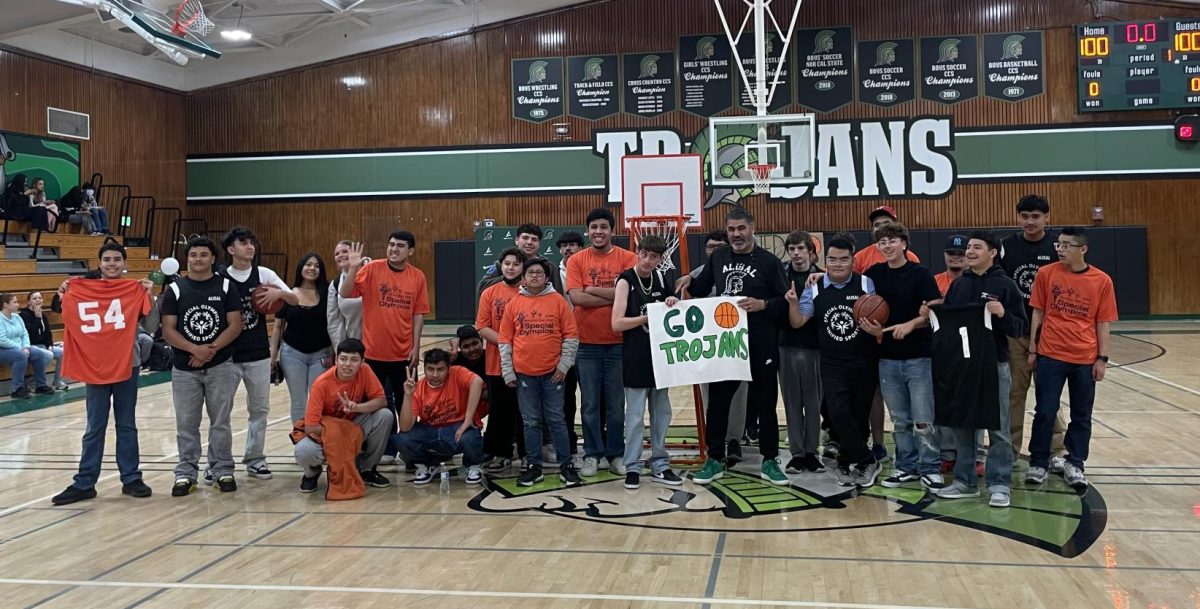
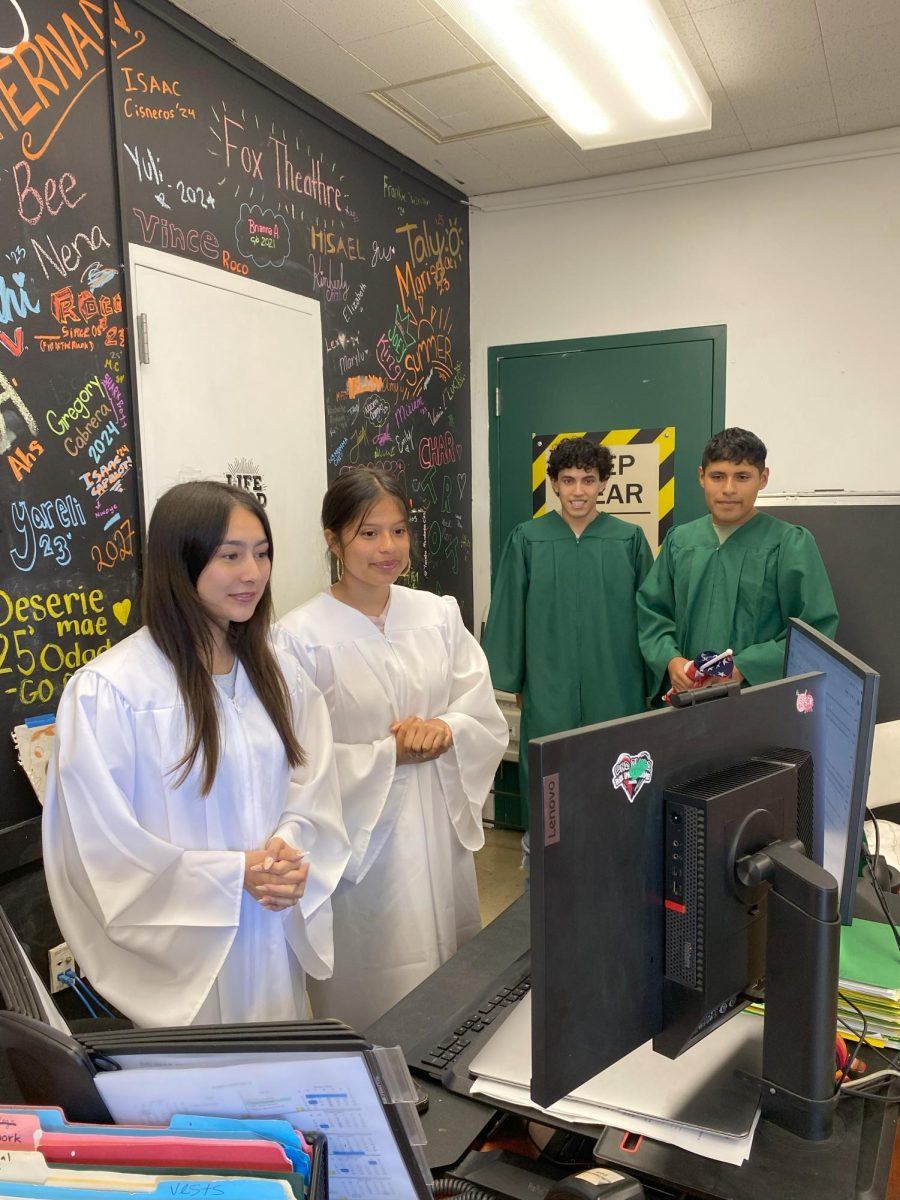

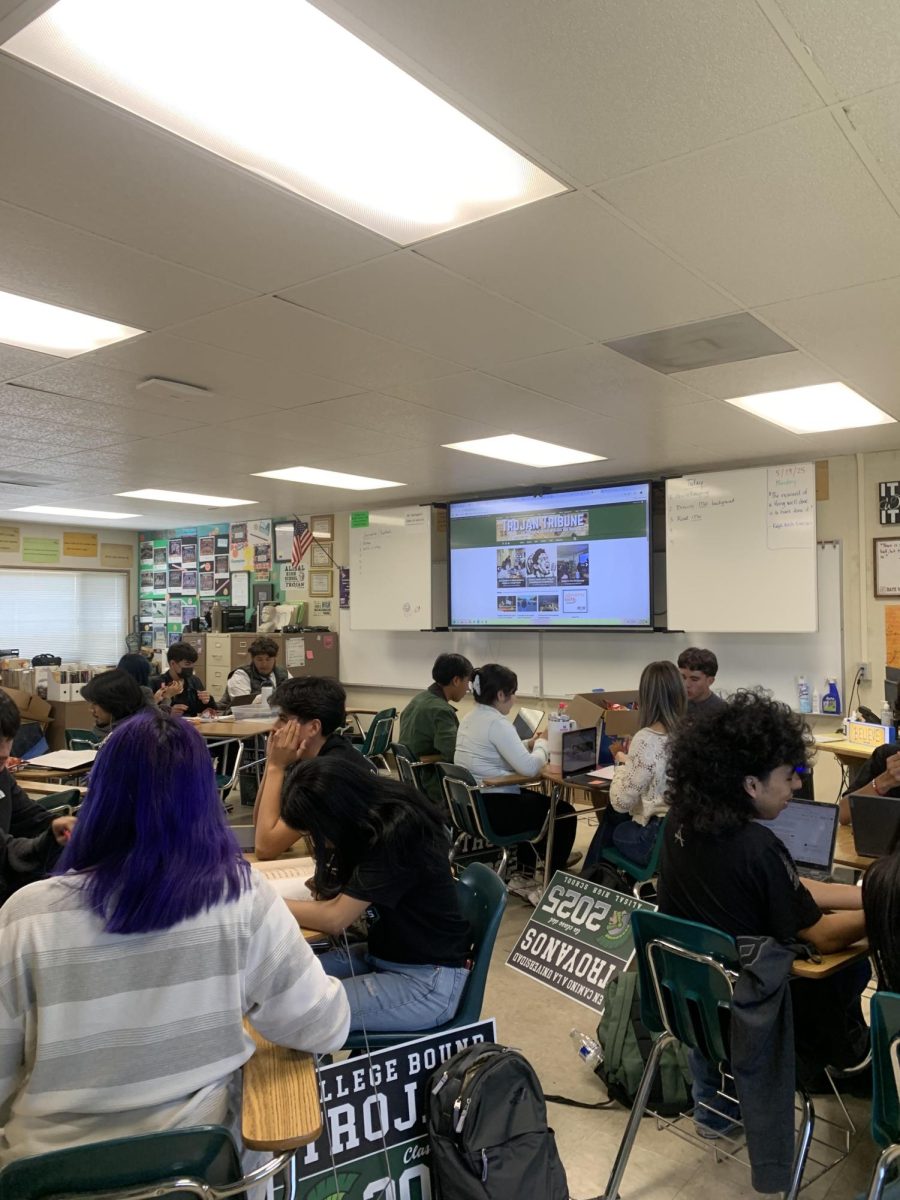


![Senior Jayden Duarte dives across the goal line for one of his five touchdowns in a dominant 62-40 victory over Monterey. It has been a highly successful season for Duarte, and he credits his coaches for putting him in positions to succeed and make key plays. “The goal is to help wherever the coaches need me, receiver, running back, [and] DB,” he said.](https://alisaltrojantribune.com/wp-content/uploads/2025/10/IMG_3599-2-1200x800.jpg)











